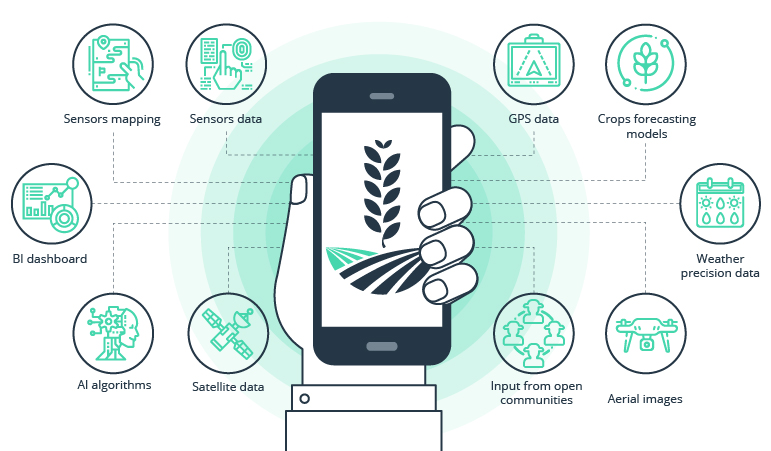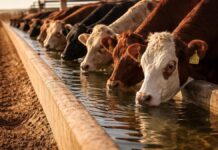The use of technology and simplified data on weather and management of production processes have been proven to be the key to sustainable food security in Kenya. This is because over time, traditional production approaches are increasingly becoming unable to ensure food production in a way that will deal with changing climatic conditions that the majority of farmers in Kenya seem challenged to deal with.
For instance, farmers are struggling with stabilizing their production; with the changes in rain seasons, most have gone into panic mode and they have resulted to replanting their farms since the beginning of the year with no surety that things will improve.
Kenya is on the brink of a serious food shortage, a situation that has no doubt been worsened with the Covid-19 pandemic and related negative implications on the health of Kenyans.
Experts have projected that the country will fall short of enough food reserves next year given the destruction of property including agricultural produce and livestock if the rainfall pattern doesn’t change. Already, climate change has caused damage irreparable damage to many sectors in the country.
Weather data
Data on the weather are very important in enabling farmers to anticipate and adequately prepare according to prevailing and not traditional weather patterns. A number of farmers who have the challenge of poor planning or restarting the process since the start of the year are those that largely dependent on existing and traditional weather characteristics, which unfortunately is no longer justifiable.
They wasted themselves and resources, and are very frustrated. Until now, many parts of the country that traditionally used to get rain during the early parts of the year are still experiencing sporadic wet conditions or none at all, which has raised anxiety among the farmers.
The use of technology especially within a strengthened field extension services framework now that agriculture is a devolved function will help in dealing with the issue of fake fertilisers and seeds and advisory services to the farmers.
While the Kenya Seed Co and the Kenya Plant Health Inspectorate Service (KEPHIS), have the capacity, recent frequent underfunding has seen them unable to supply good quality certified seeds and fertilisers to the farmers, which has been farmers exposed to fake products.
The World Bank in its various studies has made a raft of suggestions on how to deal with challenges in the agricultural sector. First, it’s important to create a digital ecosystem for extension, to give more farmers greater access to learning that can improve their farming.
Secondly, it is vital to support more transparency in market prices. Advisories and apps that provide access to price information will allow farmers to get prices on their own without a middleman, foster more competition, and put more revenues in farmers’ pockets.
Third, precision agriculture is a game-changer and more effort should be put into making these technologies more accessible and affordable. Drones, sensors and other tools can make a difference in farmer productivity and should be in the hands of more farmers.
Finally, there should be a greater focus on introducing entrepreneurial approaches into Africa’s agriculture higher education system.








